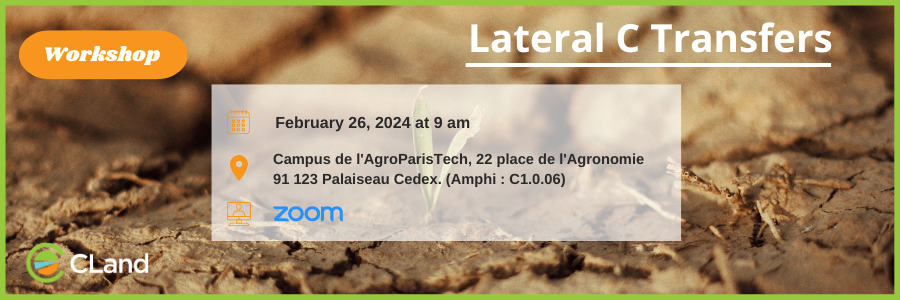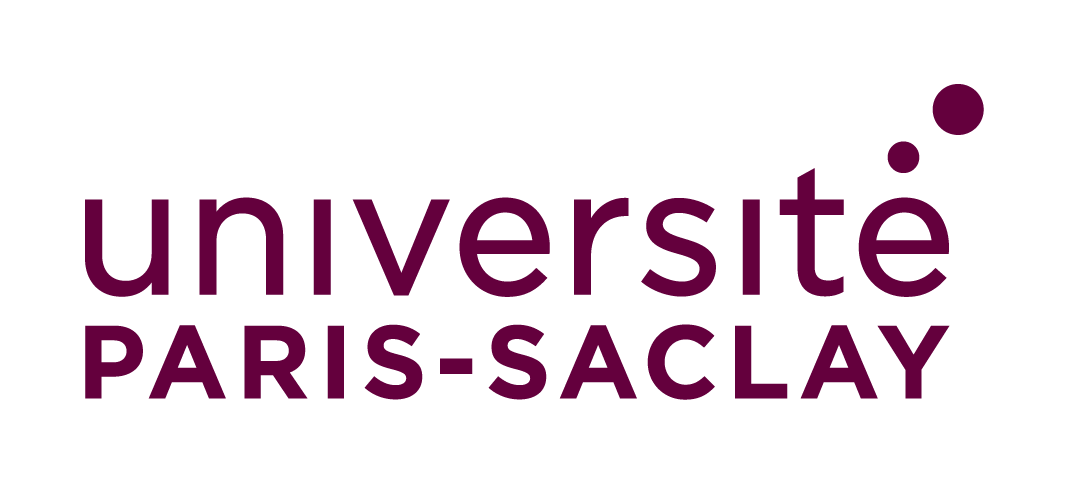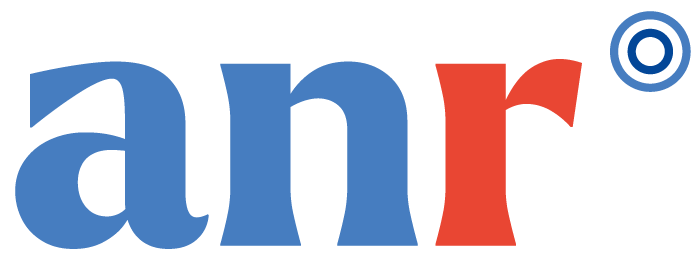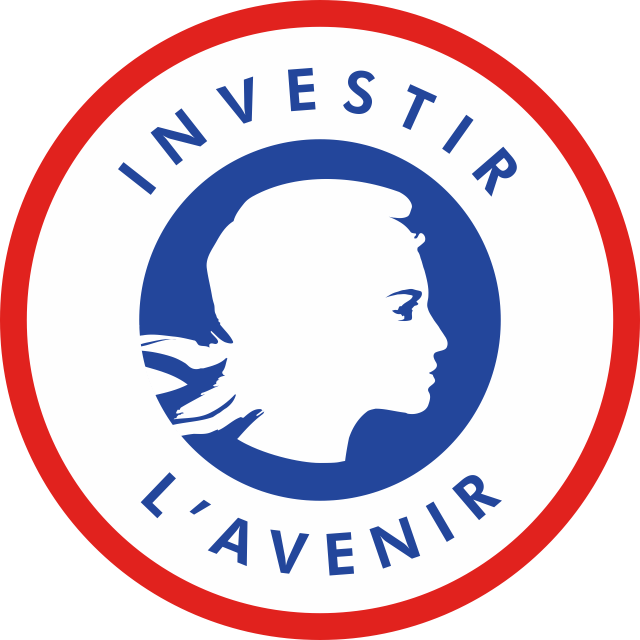Workshop on lateral C transfers
Lateral transfers of carbon play a non-negligible role in the carbon budget of terrestrial ecosystems. These transfers can be related to the removal of biomass through grazing or through harvest of wood, grass and crops, but also to the leaching, erosion and redeposition of soil organic carbon. Lateral transfers of carbon through trade of biological products or through transport with the river load become important at regional to global scales.
Quantification of these lateral carbon transfers and their impact on the land carbon budget remains challenging, but is urgently required to better constrain the land carbon budget and to better understand its response to historical, present, and future perturbations.
This workshop brings together leading researchers working on these lateral carbon transfers at local to global scales, including experimentalists as well as modelers.
The aim of this workshop is to give an overview of ongoing research on this topic and to encourage the interdisciplinary exchange among the presenters but also with the audience. (Registration form below.)
Agenda :
|
9 AM |
Registration and coffee (in front of lecture hall) |
|
9.15 AM |
Importance of lateral carbon transport processes in the global carbon budget - Philippe Ciais (Laboratoire des Science du Climat et de l’Environment – Gif-sur-Yvette, France)
|
|
9.55 AM |
Lateral C fluxes from global grassland - estimates from models - Jinfeng Chang (Zhejiang University - Hangzhou, China)
|
|
10.20 AM |
Increased fluvial carbon transport during the Anthropocene caused reduced land carbon storage - Haicheng Zhang (Sun Yat-Sen University - Guangzhou, China)
|
|
10.45 AM |
Break |
|
11.00 AM |
The land-to-ocean loops of the carbon-nitrogen cycles: budgets, variability and trends - Pierre Regnier (Université Libre de Bruxelle – Brussels, Belgium)
|
|
11.40 AM |
The impact of human-induce soil erosion on the global carbon cycle - Kristoff Van Oost (Université catholique de Louvain – Louvain la Neuve, Belgium)
|
|
12.20 PM |
Exploring Human-Induced Perturbations in Holocene Lateral Carbon Fluxes through Lake Sediment Archives - Jean-Philippe Jenny (INRAe/ CARRTEL Limnology Center – Chambéry, France)
|
|
1.00 PM |
Lunch Break - Salle Canopée |
|
2.00 PM |
Mapping carbon sinks and sources linked to lateral carbon transfers over the globe - Frédéric Chevallier: (Laboratoire des Science du Climat et de l'Environnement – Gif-sur-Yvette, France)
|
|
2.25 PM |
Field scale evaluation of soil carbon balance by soil sampling and flux balance methods at an ICOS crop site raises questions about inorganic CO2 fluxes - Benjamin Loubet (INRAe/EcoSys – Palaiseau, France)
|
|
2.50 PM |
Large scale and high resolution assessment of crop biomass production and impact of its fate on the soil organic carbon stock changes - Eric Ceschia (INRAe/CESBIO – Toulouse, France)
|
|
3.15 PM |
Plenary discussion and concluding remarks |
|
3.45 PM |
End of the Workshop |
Please see below the presentations made by the speakers during this workshop
Land Atmosphere CO2 Fluxes Driven by Lateral Processes
Philippe CIAIS
LSCE
Exploring Human-Induced Perturbations in Holocene Lateral Carbon Fluxes through Lake Sediment Archives
Jean-Philippe Jenny
INRAE
Mapping carbon sinks and sources linked to lateral carbon transfers over the globe
Frédéric Chevalier
LSCE




